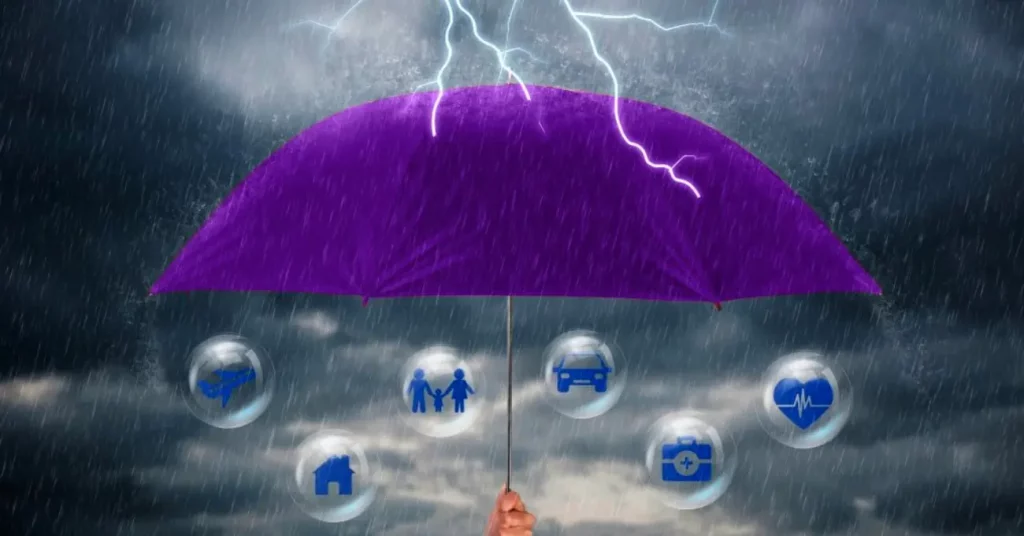Weather and Climate Impact on Insurance: Risk Assessment
A lesser-known but crucial aspect of the insurance sector is the influence of weather and climate on risk assessment. From hurricanes and floods to heatwaves and wildfires, extreme weather events can have a profound impact on insurance claims and overall profitability.
Below, we explored how weather and climate affect risk assessment in the insurance industry, and highlighted the advantages of incorporating precise, hyper-local weather intelligence of Buluttan within these processes.
Understanding the role of weather and climate, we have the following;
- Identifying Vulnerable Areas: Climate patterns can provide valuable insights into regions prone to specific weather-related risks. For example, coastal areas are more susceptible to hurricanes, while regions with heavy rainfall may experience flooding. Insurance companies utilize historical weather data and climate projections to identify vulnerable areas and assess the potential risks.
- Quantifying Property Damage: Severe weather events can cause substantial damage to properties and infrastructure. By analyzing historical weather patterns, insurance companies can estimate the likelihood and severity of damage caused by storms, floods, or extreme temperatures.
- Predicting Loss Frequency and Severity: Climate variability and changes can impact the frequency and severity of weather-related events. For instance, climate change may lead to more frequent and intense heat waves or stronger storms. Insurance companies incorporate climate models to anticipate these changes and adjust their risk assessment models accordingly.

Impact on Pricing
Policy pricing is a fundamental problem for the insurance sector. To ensure short, medium, and long-term profitability, insurers must assess many parameters and variables to develop an optimized pricing strategy. Weather and climate-related disruptions possess a risk that is not parameterized yet. Let us delve into how weather intelligence could benefit insurers in policy pricing.
- Premium Rates: Insurance premiums are determined based on risk assessments. Higher-risk areas or properties vulnerable to severe weather are likely to have higher premium rates. Climate-induced shifts in risk profiles can influence pricing strategies to ensure profitability and sustainability for insurance companies.
- Reinsurance Costs: Insurance companies often transfer a portion of their risk to reinsurers. Reinsurers use sophisticated weather and climate data to assess the potential exposure to catastrophic events. As climate-related threats change, reinsurance costs may fluctuate, affecting the overall pricing structure of insurance products.
Enable Weather-wise Transformation with Buluttan’s Weather Intelligence
Accurate and hyper-local weather intelligence brings a multitude of benefits to the insurance industry's risk assessment and pricing processes:
- Enhanced Risk Profiling: Buluttan provides granular insights into weather patterns and risks specific to smaller geographic areas via Buluttan Meteospective. This enables insurance companies to create more precise risk profiles, resulting in fairer and more competitive pricing for policyholders.
- Real-Time Risk Monitoring: With real-time weather updates and alerts through Buluttan SkyWatch, insurance companies can closely monitor weather-related risks and respond proactively to potential disasters. Timely alerts help minimize losses and streamline claims processes, improving customer satisfaction.
- Improved Underwriting: Incorporating hyper-local weather intelligence into underwriting practices allows insurers to make better-informed decisions about risk acceptance, policy coverage, and premium rates.
- Long-Term Risk Projections: Climate models offer valuable projections for long-term risk assessment. With Buluttan’s state-of-the-art climate risk analyses that are adjustable to different climate scenarios and reach ultimate granularity, insurance companies can adapt their pricing strategies based on anticipated climate changes, ensuring long-term sustainability and profitability.







